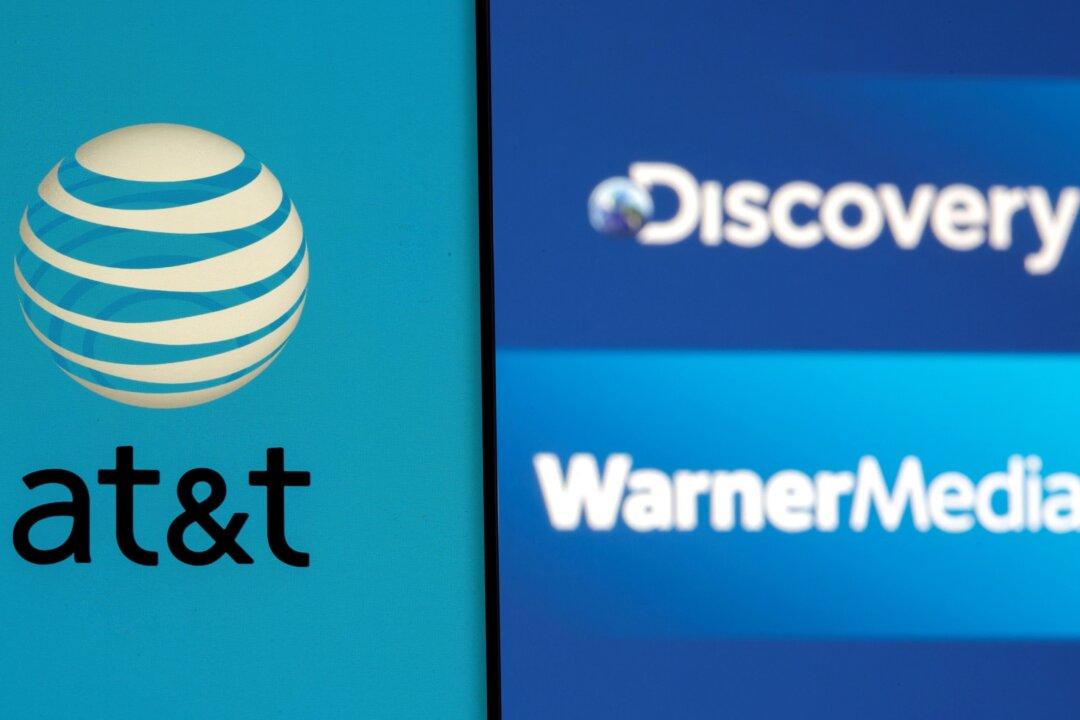AT&T Inc. said on Tuesday it will spin off WarnerMedia in a $43 billion transaction to merge its media properties with Discovery Inc. and also cut its dividend by nearly half.
AT&T shareholders will own 71 percent of the new Warner Bros. Discovery company and will receive a 0.24 shares of Warner Bros. Discovery for each AT&T share they own. AT&T will have 7.2 billion diluted shares outstanding after the transaction closes.





